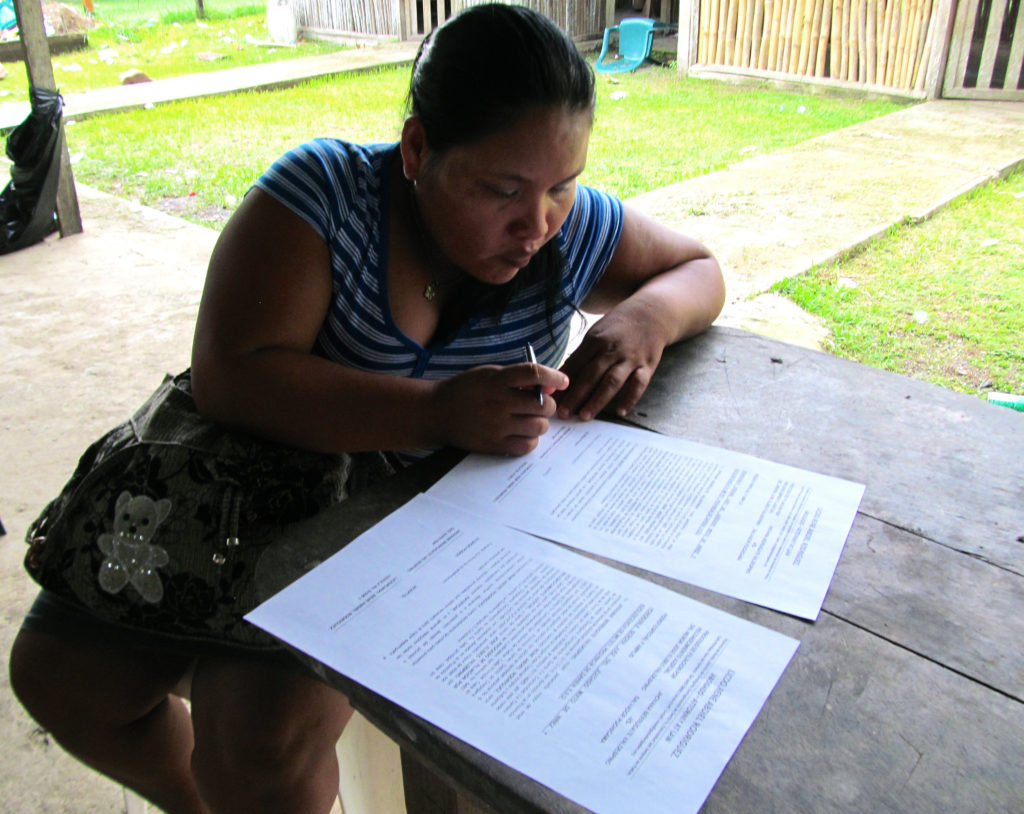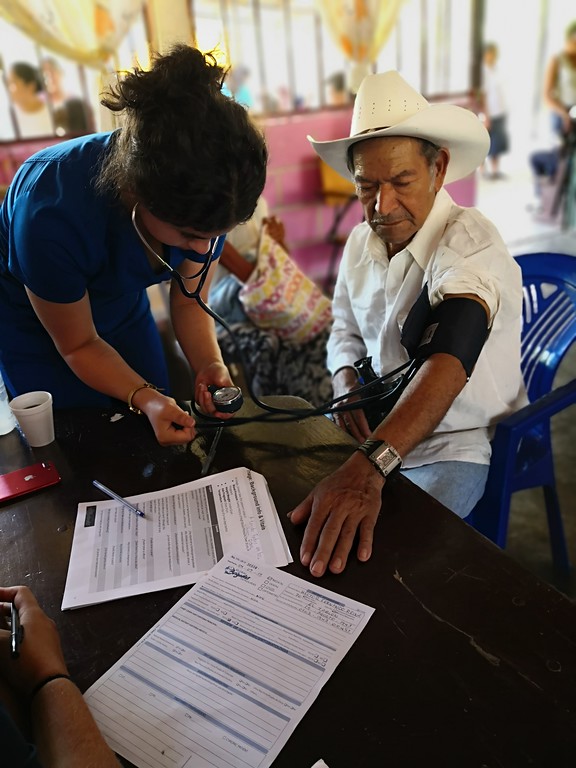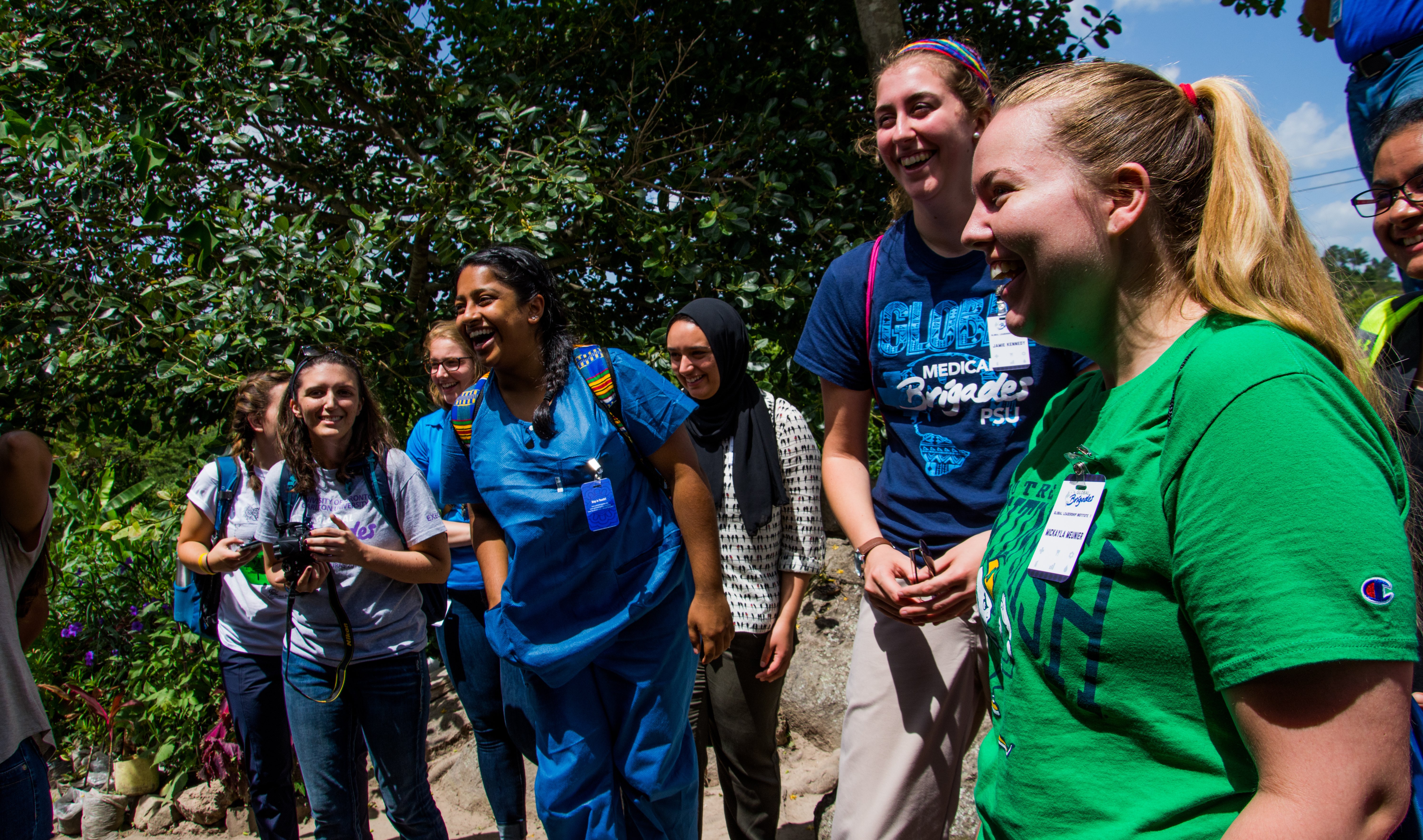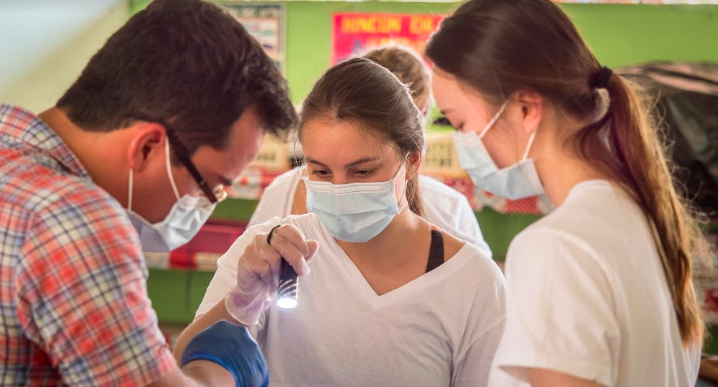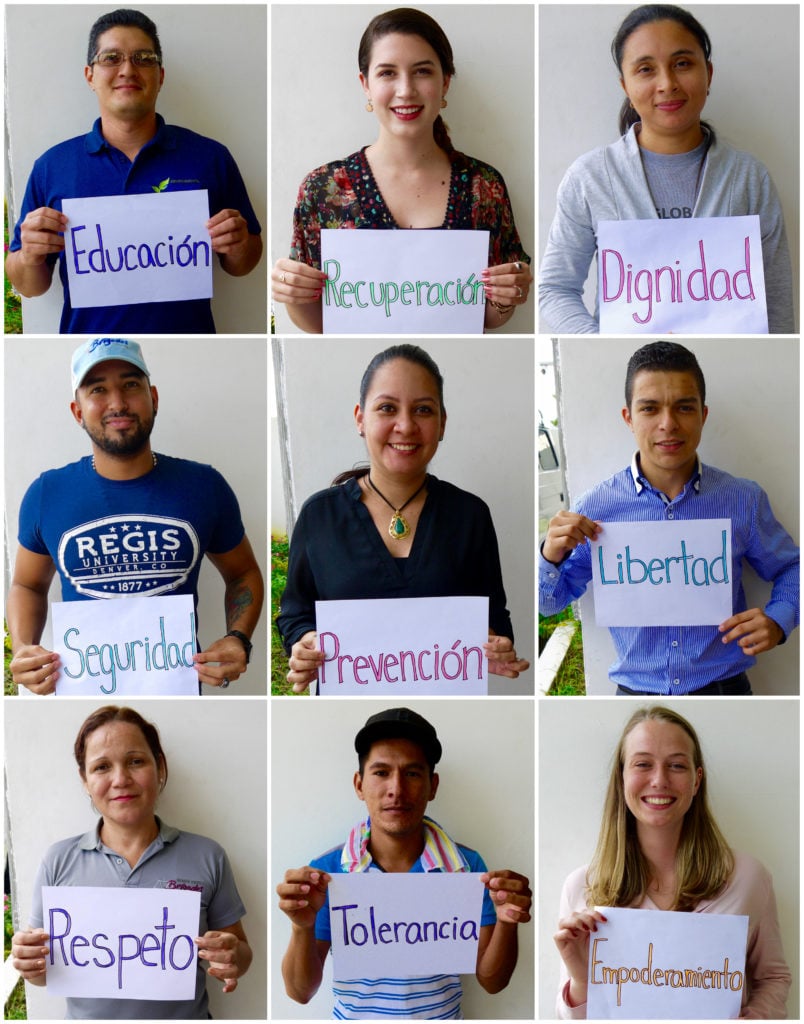
From left to right. Row 1: Education, Healing, Dignity; Row 2: Security, Prevention, Freedom; Row 3: Respect, Tolerance, Empowerment. GB Panama Staff pictured left to right. Row 1: Alberto Polo (Environmental Program Manager), Caroline Taylor (Program Associate), Keyla Mendoza (Monitoring & Evaluation Technician); Row 2: Carlos Escobar (Pharmacy Coordinator), Jessica Nuñez (Global Health Program Manager), Juan David Villegas (Business Program Coordinator); Row 3: Diocelina Pinto (Human Rights Program Technician), Didiel Gonzalez (Environmental/Public Health Program Technician), Allison Blair (Program Associate). Photographs by William Plaugher.
By Caroline Taylor and Sarah Donovan, Global Brigades Panama
Strength, Support, Solidarity. We could have made an endless list, and an endless collage of words reflecting on what it means to support victims of domestic and relationship violence. October is Domestic Violence Awareness Month, and we feel compelled to honor the healing journey of victims of abuse, as well as their loved ones, by exploring ways each one of us can work to prevent acts of violence and promote a culture of respect and tolerance. In the GB Panama office, advocacy acts as the stitches of a quilt of diverse work carried out by our local staff members every day, and this month we come together to bring awareness to one important issue. We know domestic violence reaches all strata–all economic classes, all races, all genders–and that, collectively, we have a responsibility to our local and global communities to recognize this issue and take action.
A Right to a Life Free of Violence. Across our volunteer-receiving countries and volunteer-sending countries, domestic violence is a critical social issue we all encounter. In the US, an average of 20,000 calls are placed per day to domestic violence hotlines.1 Domestic violence and its consequences are a major cause of homelessness in the UK.2,3 In Canada, four women out of every 10 who are victims of violence reported the act was committed by an intimate partner.4 In Panama, the Integrated National System for Criminal Statistics (SEIC) reported an average of 1,500 cases of domestic abuse per month for the year 2015.5 Across the board, women are disproportionately affected by, and at risk for, abuse, and domestic violence cases are critically underreported globally.
“Our generation of women is clearing the path for our daughters, granddaughters, women and girls down the line, to be safe to be the woman or girl they are.” ― Tabby Biddle, Find Your Voice: A Woman’s Call to Action
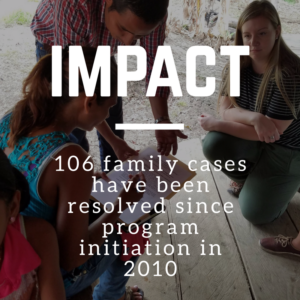
The mission of the Human Rights brigade program in Panama is to empower rural communities to overcome obstacles that impede access to justice by providing legal counsel and educational workshops. We do this in part by hosting legal clinics in which counsel is offered for free to community members by qualified Panamanian lawyers. Many of these cases become what we call “family law cases” and are taken on by GB’s brigade lawyers through to the completion of a case’s verdict. All of this is made possible through the fundraising efforts of our brigade volunteers and their work during their brigade, along with the year-round work of local staff. Many of the most common cases handled by Human Rights brigades include child recognition, divorce, civil marriage, and far too often, domestic violence.
We feel this problem ripple through our societies and cultures; negative consequences for reporting, roadblocks to justice, lack of attention to victims and their families. These injustices are too common, and we believe it takes a united community of advocates, governments, and professionals to change outcomes. In Panama, Global Brigades has committed partnerships with organizations like La Defensoría del Pueblo, an investigation and advocacy group committed to protecting human rights, and the government’s social development program, MIDES, which also provides educational workshops and stipends to vulnerable families.
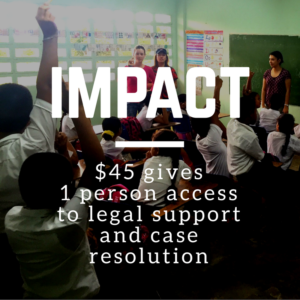
Take Action. If you are part of Global Brigades on your campus, especially a Human Rights chapter, this month is a great time to engage your fellow volunteers and host events to bring awareness to this issue. Additionally, you can partner with other organizations who are already participating in Domestic Violence Awareness Month events on your campus. We encourage the mindset of “think globally, act locally,” and collaborating within your chapter and among other organizations on campus is a great way to bring attention to important causes. Organizations you could consider partnering with may be institutional like your university’s health or counseling services, on-campus women’s center; or another student organization, greek life, or an academic society. See the Domestic Violence Awareness Project’s site for information about event ideas and resources you can utilize for this specific cause.
Experience Human Rights Brigades. To learn more about the challenges our Human Rights brigaders seek to resolve and this program’s role in holistic development, check out Global Brigades’ program methodology page. You can contact a Chapter Advisor to start a chapter on your campus or to begin planning a brigade.
We hope you find time to honor and support those who have had violence affect their lives. We encourage you to look for ways to influence and improve your community culture that allows all to live a life free of violence.
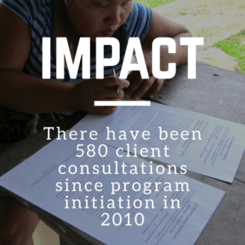
Contact Info
Danielle Cavendish – Chapter Advisor Manager, danielle.cavendish@globalbrigades.org
Sarah Donovan – Program Associate Manager (Panama), article contributor, sarah.donovan@globalbrigades.org
Caroline Taylor – Program Associate (Panama), article contributor, caroline.taylor@globalbrigades.org
Sources
1 National Coalition Against Domestic Violence. “National Statistics.” NCADV.org. N.p., n.d. Web. 12 Oct. 2016. <http://ncadv.org/learn-more/statistics>.
2 Family Violence in Canada: A Statistical Profile, 2013. N.p.: n.p., 2015. Canadian Centre for Justice Statistics, 15 Jan. 2015. Web. 12 Oct. 2016. <http://www.statcan.gc.ca/pub/85-002-x/2014001/article/14114-eng.pdf>.
3 ShelterFactsheets. Homelessness. N.p.: n.p., 2007. Shelter.org.uk, Oct. 2007. Web. 12 Oct. 2016. <https://england.shelter.org.uk/__data/assets/pdf_file/0004/66379/Homelessness_factsheet.pdf>.
4 State, U.S. Department Of. PANAMA 2015 HUMAN RIGHTS REPORT (n.d.): n. pag. Bureau of Democracy, Human Rights and Labor, 2015. Web. 13 Oct. 2016. <http://www.state.gov/documents/organization/253243.pdf>.

